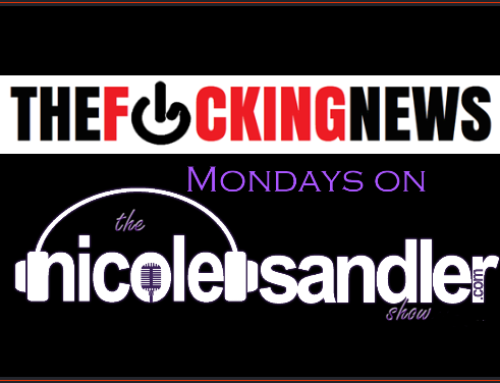
President Lyndon Johnson and Rev. Dr. Martin Luther King, Jr. after signing the Voting Rights Act into law
I saw the movie Selma last night. Sadly, I think it was a missed opportunity to tell one of the most important stories in American history accurately.
I do agree with Bill Moyers that, although it was flawed, it’s still worth seeing. But I’d love for an epilogue to be added to point out the many places where the screenwriter and director took liberties with history.
Moyers, who served as Lyndon B. Johnson’s domestic policy adviser in 1964-65 and his press secretary from 1965 to 1967, points out that
…casting the president as opposed to the Selma march, which the film does, is an exaggeration and misleading. He was concerned that coming less than a year after the Civil Rights Act of 1964, there was little political will in Congress to deal with voting rights. As he said to Martin Luther King Jr., “You’re an activist; I’m a politician,” and politicians read the tide of events better than most of us read the hands on our watch. The president knew he needed public sentiment to gather momentum before he could introduce and quickly pass a voting rights bill. So he asked King to give him more time to bring Southern “moderates” and the rest of the country over to the cause, but once King made the case that blacks had waited too long for too little, Johnson told him: “Then go out there and make it possible for me to do the right thing.
Any student of American history can tell you that LBJ was a flawed character. In fact, he was a vile, vulgar Southerner who went against character when he worked with MLK to pass the Voting Rights Act. In a shameful chapter of our past, there were plenty of white villains. There was no need, even when invoking dramatic license, to take the liberties these filmmakers did to paint Johnson with that brush.
We progressives complain loudly – as we should – when Republicans try to rewrite the history books the way they would have liked our story to unfold. We should hold everyone to that same standard.
A former Alabama-based journalist Glynn Wilson, now editor & publisher of his own news site, New American Journal, offered a lengthy dissection of the inconsistencies in the film, and he joined me this morning to talk about them.
Although he and I differed on a few points, we both agreed with Moyers that
it’s a powerful but flawed film. Go see it, though – it’s good to be reminded of a time when courage on the street is met by a moral response from power.
But I think I’ll go back through my copy of Howard Zinn’s A People’s History of the United States and re-read his section on Selma and the Voting Rights Act, and so should you!
Each Monday morning, we venture into the news of the absurd and more with Julianna Forlano. She, as I did, saw Selma yesterday, so we chatted a bit more about the controversy surrounding its “snubbing” by the Motion Picture Academy (for the record, I think they got it right!) and more.
I did point out the most absurd newsworthy moment of the week, something on which we can all agree….
Ouch!
But for real inspiration, check out LBJ’s full speech before a joint session of Congress, outlining his Voting Rights Act and demanding Congress fulfill its duty to uphold the constitutional rights of ALL Americans to vote.
Sadly, Martin Luther King, Jr’s speeches are not in the public domain. The copyrights are closely held by his estate and his children who are currently fighting over his personal bible and Nobel Peace Prize medal (two want to sell them to a private collector, one doesn’t). But here he is in a moment depicted in the movie Selma, as he actually spoke the words.
Tomorrow, I’ll chat with Democracy for America Chair Jim Dean about their Run Warren Run campaign, and preview tomorrow night’s State of the Union address. Plus GottaLaff cuz you gotta laff…. radio or not!








